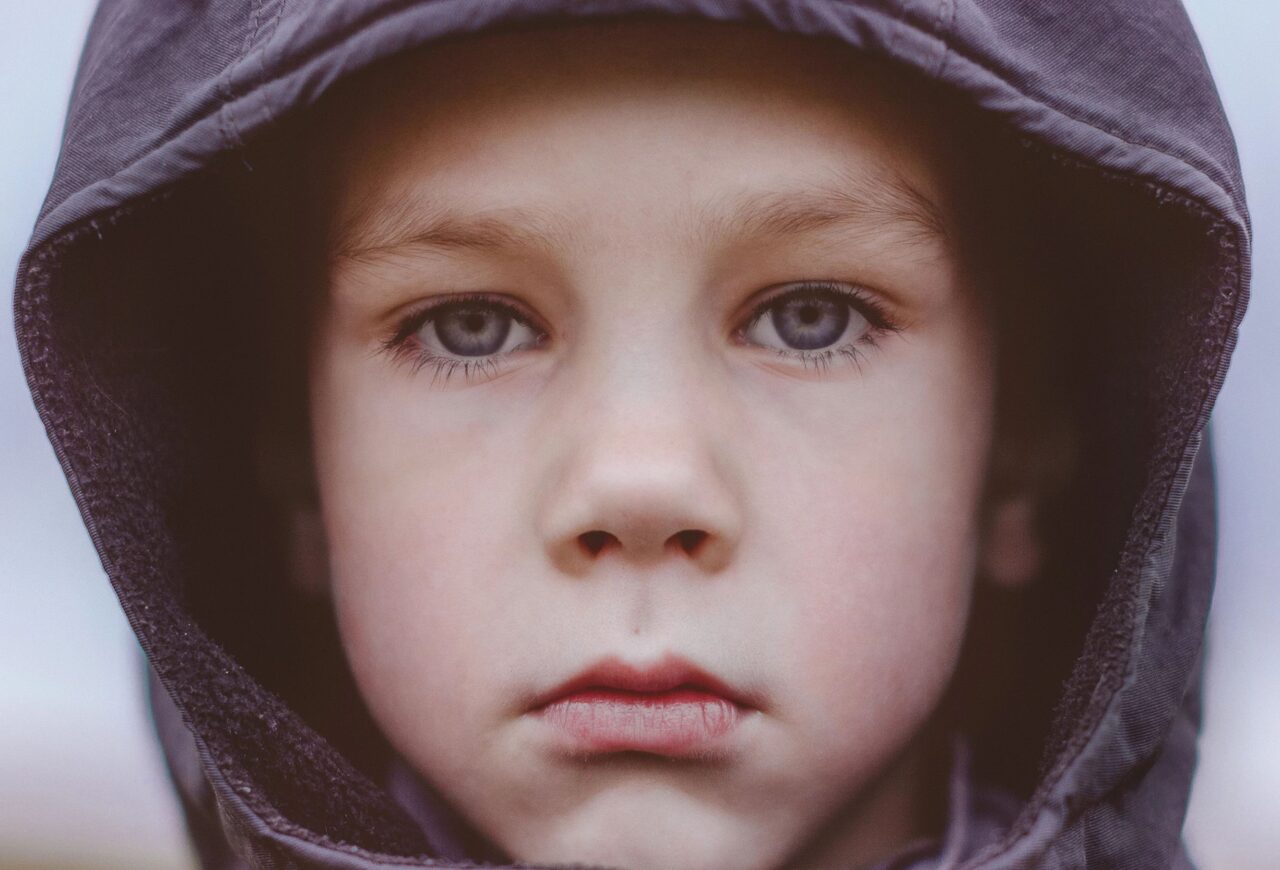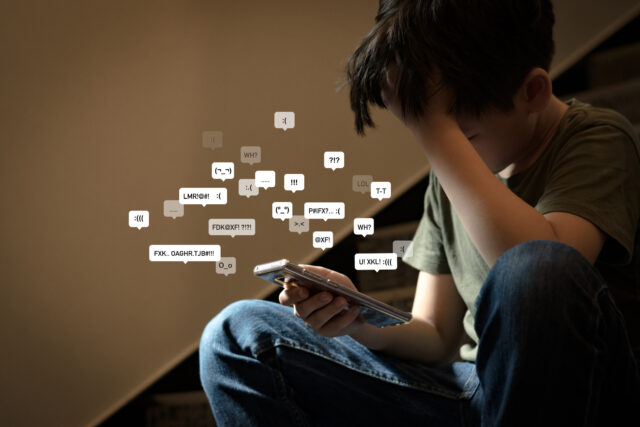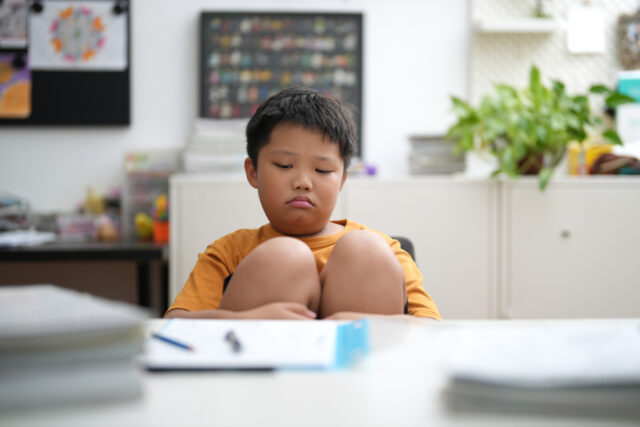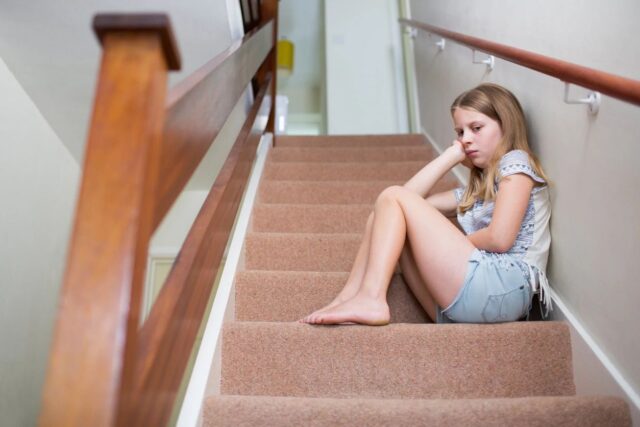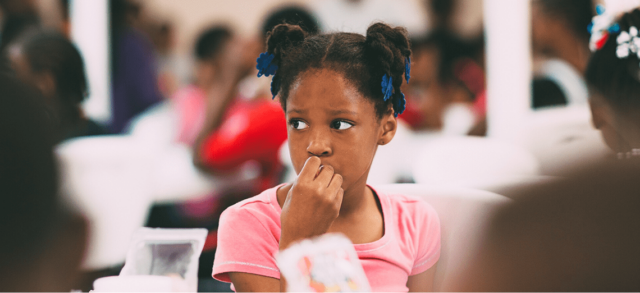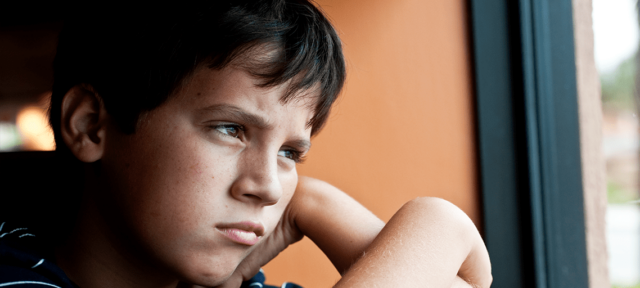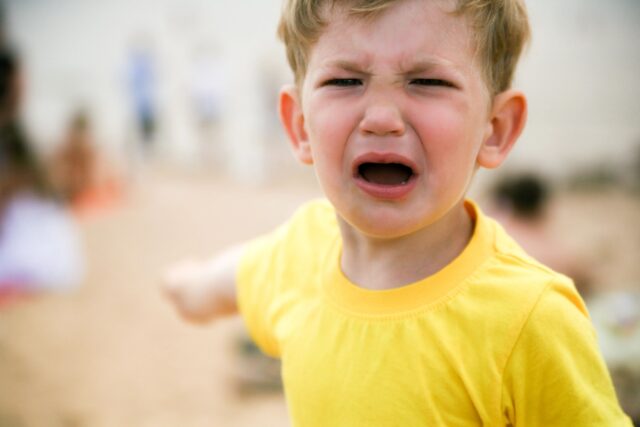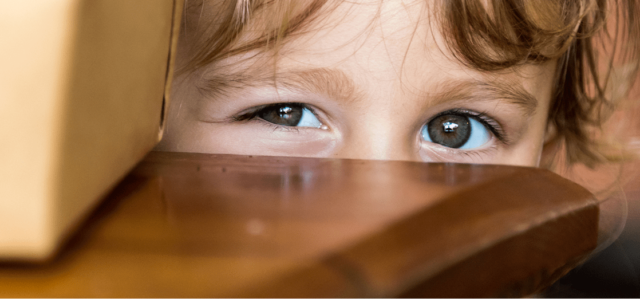TOPICS
Depression & Mood Disorders
How to recognize the signs of depression and other mood disorders — and help kids who may be struggling.

About Depression & Mood Disorders
Common signs of depression in children include sadness or irritability, low energy, feeling worthless, and losing interest in things they used to enjoy. Depression often begins in adolescence, but children as young as preschoolers can experience it. Other related mood disorders include bipolar disorder, seasonal affective disorder, disruptive mood dysregulation disorder (DMDD), and premenstrual dysphoric disorder (PMDD).
Understanding Depression
Depression doesn’t look the same in all kids. Dive deeper into the forms depression can take, what depression looks like at different ages, and how depression is linked to learning disorders and social media use.
Depression and Mood Disorders in Teens
Teens are notoriously moody, so it’s important to understand how the signs and symptoms of depression and mood disorders manifest in teens.
Helping Kids Who May Be Depressed
Negative self-talk and thinking patterns can develop into depression. Here are a few ways to help kids of all ages.
Treatment for Depression
Thankfully there is no shortage of treatment options for depression, including therapy, medication, and experimental approaches. Our resources can help you understand the choices.
Types of Behavioral Treatment for Depression
There are several specialized forms of psychotherapy that have been shown to be effective for depression.
Bipolar Disorder
Bipolar disorder includes periods of depression as well as periods of extreme energy and activity, known as mania. While symptoms can emerge in childhood, it’s typically not diagnosed until adolescence or later.
Disruptive Mood Dysregulation Disorder (DMDD)
DMDD is diagnosed in young children who have extreme tantrums, irritability, and even aggression. It can be incredibly challenging to deal with, but a combination of therapy and medication can help.
Premenstrual Dysphoric Disorder (PMDD)
PMDD is similar to depression, but it only shows up right before a menstrual period and goes beyond typical PMS symptoms.
Seasonal Affective Disorder
Seasonal affective disorder is a form of depression that only happens during certain times of year. It is most common in the winter months, when there are fewer hours of sunlight.
Suicide and Self-Harm
Depression puts kids at higher risk of considering or attempting suicide. If you think your child may be suicidal, it’s vital to talk to them about your concerns and seek help immediately.
Depression & Mood Disorders
Ask an Expert
All Depression & Mood Disorder
Resources
Understanding Depression
Depression and Mood Disorders in Teens
What Are the Symptoms of Depression in Teenagers?
What to Do if You Think Your Teenager Is Depressed
Misdiagnosis of Mood Disorders in Black Teenagers
Mood Disorders and Teenage Girls
Does Social Media Use Cause Depression?
Complete Guide to Substance Use + Mental Health
Teens Self-Medicating With Drugs and Alcohol
